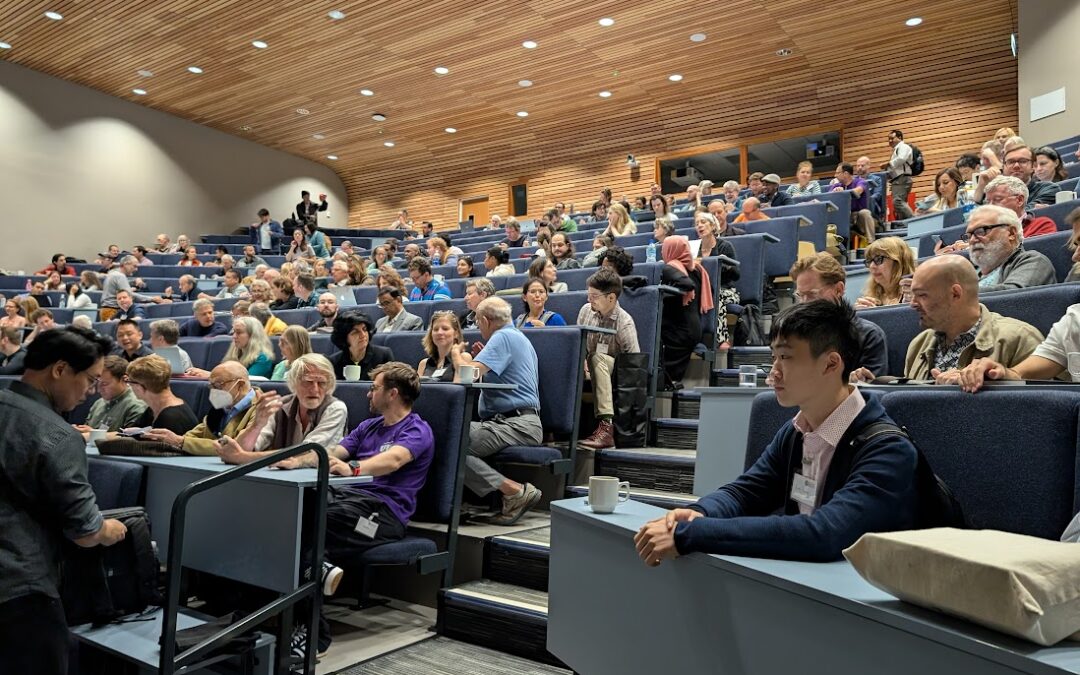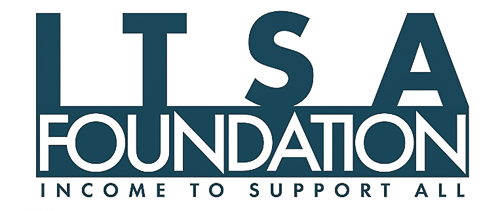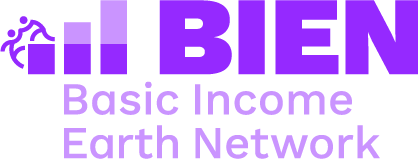
by Tyler Prochazka | Mar 13, 2025 | News
Research presented at the 2024 BIEN Congress explores China’s possible shift from existing social assistance programs toward Universal Basic Income (UBI), raising insights into poverty alleviation and social equity.
Conducted by interns Zhao Muge, Wu Yifan, and Huang Xinhe under the guidance of scholars Cheng Furui and Ye Jiabin, the study titled “Can China Move Towards the UBI?” evaluates China’s current Minimum Livelihood Guarantee (Dibao) and targeted poverty alleviation policies, proposing UBI as a potential next step.
The study highlights that China’s Dibao policy, intended to provide a minimum living allowance to low-income households, initially showed strong results in poverty reduction—particularly evident in rural areas. For example, a 1 percent increase in rural Dibao expenditure corresponded to a 6.8 percent reduction in poverty in regions like Shanxi Province from 2008 to 2018. However, over time, Dibao’s effectiveness declined due to welfare dependency, stigmatization of recipients, and administrative inefficiencies, including inadequate adjustment mechanisms for benefit standards and cases of resource misallocation. From 2015-2016, the reduction in the poverty rate in some parts of China was less than 30 percent.
Transitioning from subsistence allowances to targeted poverty alleviation was a necessary step to improve the efficiencies of the program, the study’s authors argued. The number of rural Dibao beneficiaries began to surpass urban beneficiaries around 2007 and peaked in 2013, prompting China to implement targeted poverty alleviation policies. From 2018 to 2020, the number of rural beneficiaries vastly exceeded urban beneficiaries, emphasizing the critical need for interventions targeting rural poverty. Next, the study discussed the advantages of targeted poverty alleviation compared to subsistence allowances. Case studies showed that targeted poverty alleviation can be implemented through infrastructure development, industry support, education, and other means. Compared to Dibao, targeted poverty alleviation places more emphasis on enabling self-development through comprehensive measures. As a result, it has a broader scope, more projects, and is more comprehensive and in-depth, leading to sustainable poverty alleviation.
The research also explores the theoretical and practical groundwork supporting UBI implementation in China. Theoretically, UBI aligns with China’s goal of common prosperity and narrowing the wealth gap. Practically, the COVID-19 pandemic provided an experimental foundation through widespread government-issued consumption vouchers, which effectively stimulated local economies, with economic multipliers ranging up to tenfold in certain cases.
The paper outlines several feasible pathways for China’s gradual implementation of UBI: using dividends from carbon emissions trading, establishing a permanent citizen trust fund financed by state-owned enterprises, adopting negative income tax schemes to enhance employment incentives, and distributing subsidies adjusted according to regional poverty lines and demographic factors.
Despite recognizing challenges, such as funding sources, potential increased tax burdens, and the risk of disincentivizing labor participation, the research strongly supports the viability and potential benefits of UBI. Ultimately, the authors conclude that by carefully addressing these challenges, China could successfully integrate aspects of UBI into its social welfare system, significantly reducing poverty, enhancing social equity, and driving sustainable economic growth.

by Olivier de Schutter | Nov 22, 2024 | News
As more countries are facing a secular stagnation and as it is becoming clear that it is unrealistic to hope to increase total economic output (measured as the gross domestic product GDP)) without further worsening the environmental crisis, a new question emerges: how can we make progress towards eradicating poverty without growth? While the Pact for the Future adopted on 23 September 2024 reaffirms the need to “urgently develop measures of progress on sustainable development that complement or go beyond GDP”, indicators alone, while useful, remain insufficient: what matters is the reorientation of the economy — of our ways of producing and consuming.
The Special Rapporteur proposed a range of answers, which include strengthening the social and solidary economy, identifying new sources of financing for State services that do not depend on growth, better valuing care work and better aligning wages with the social utility of work. The overall objective should be to expand the toolbox of governments in the fight against poverty. This will allow to move beyond a grow-tax-transfer approach to poverty reduction (the dominant post-market model to combating poverty), to focus more on pre-market measures (including investing in early childhood education and care) and on market reforms (to make markets more inclusive).
To read the full document, click here.

by Mariano Torras | Nov 18, 2024 | News
Recent concern about the uncertain impacts of artificial intelligence has fueled renewed discussion of universal basic income (UBI). As in the past, much of the conversation depicts UBI as a policy expedient aimed at relieving the adverse effects (presumably inescapable and impending) of technological unemployment. We must, however, rethink the main purpose of UBI. It is a sound policy initiative quite independent of the technology question. By aligning with many of the United Nations Sustainable Development Goals (SDGs), UBI could be a global game-changer. Appreciating this, however, requires looking beyond growth in gross domestic product as the predominant indicator of economic progress.
To read the full article in the UN Chronicle, click here.

by Scott Santens | Oct 28, 2024 | Events, News
Washington, DC, October 25, 2024 – The Income To Support All Foundation (ITSA), founded by globally renowned Universal Basic Income (UBI) expert Scott Santens, is proud to announce the successful completion of its $1.5 million fundraising goal for 2024. This milestone was achieved through a generous $500,000 grant and a matching $500,000 donation contingent upon raising an additional $500,000, which was accomplished with smaller grants from mission-aligned nonprofits and the help of individual supporters.
Approaching its third year of operation, ITSA Foundation remains committed to its mission “to support ambitious projects that help realize a foundation of unconditional universal basic income (UBI) through research, storytelling, and implementation.” After raising $53,000 in its first year, the Foundation’s success in hitting this year’s ambitious fundraising goal reflects remarkable growth in both reach and fundraising capacity.
To read the full press release, click here.

by Peter Knight | Aug 29, 2024 | News
The recent riots in English urban areas and in Northern Ireland were precipitated by racism,
extremist nationalism and religious bigotry. That’s what everybody sees, and everyone is
responding to. However, the unseen underlying cause of such attitudes and behaviour is
chronic economic insecurity, just as lurches to the far right in other countries have been due
to economic insecurity and the growth of the new mass class, the precariat, whose lives are
mired in insecurity, instability, precarity and debt. When people are insecure, it’s easy to
induce them to believe the lie that other vulnerable groups are to blame for their precarity.
To read the full release, click here.






